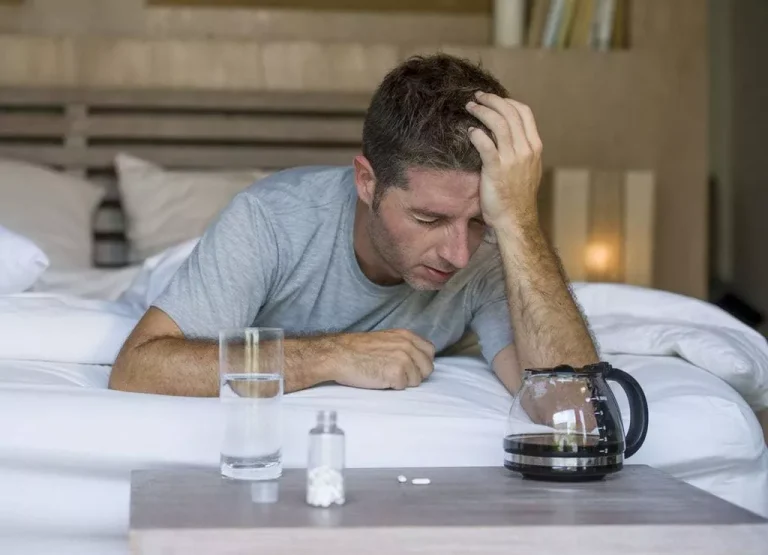Coping Skills for Stress and Uncomfortable Emotions

You also might plan for how you will cope with emotions that previously caused you to snack, like boredom or loneliness. Unhealthy coping techniques—such as drinking or avoiding the problem—may healthy ways to cope with stress offer some temporary relief, but they tend to make things worse in the long run. These unhealthy tactics can also lead to other problems that create more stress and make coping more difficult.
Health Alerts from Harvard Medical School
If you were sleepy in the first place, the lack of sleep can make it harder to manage stress. Stress serves an important purpose — it enables us to respond quickly to threats and avoid danger. Many people benefit from practices such as deep breathing, tai chi, yoga, meditation, mindfulness or being in nature. Get a massage, soak in a bubble bath, dance, listen to music, watch a comedy — whatever helps you relax. Deep breathing exercises can help slow your heart rate and calm you when the world feels like it’s spinning too fast. This may involve setting aside small moments where you take a break from tasks, chores, and life’s daily stressors.

Try Mindfulness
- If you missed it, check out this recap to learn ways to foster supportive work environments and helpful strategies to improve your well-being on the job.
- For instance, an optimistic explanatory style results in many positive life outcomes (Jose et al., 2018).
- Invisible stress is real, and it can build up into chronic stress.
However, nicotine actually places more stress on your body by increasing physical arousal and reducing blood flow and breathing. Reaching https://ecosoberhouse.com/ for a glass of wine to unwind after a stressful day? Some people try to reduce stress by drinking alcohol or eating too much.

Practice Progressive Muscle Relaxation (PMR)

One way to improve your ability to manage student stress is to look for ways you cut stress out of your life altogether. Evaluate the things that are bringing stress or anxiety into your life. Are they providing more benefits than the toll they take on your mental health?
Healthy Coping
Stress may be inevitable; however, whenever possible, prevention is the best strategy. Stress can have several effects on your health and well-being. It can make it more challenging to deal with life’s daily hassles, affect your interpersonal relationships, and have detrimental effects on your health. The connection between your mind and body is apparent when you examine stress’s impact on your life. The main harmful types of stress are acute stress, chronic stress, and episodic acute stress. Acute stress is usually brief, chronic stress is prolonged, and episodic acute stress is short-term but frequent.
- It can make it more challenging to deal with life’s daily hassles, affect your interpersonal relationships, and have detrimental effects on your health.
- Stress can be defined as any type of change that causes physical, emotional, or mental strain.
- It is especially important to seek this support if you’re experiencing symptoms of acute stress disorder.
Taking a walk outside can also help whether it’s a quick stroll around the neighborhood or a longer hike. Even consider forest bathing, the practice of immersing yourself in the great outdoors. Aerobic exercise has been shown to release endorphins — natural substances that help you feel better and maintain a positive attitude.
Recognize and accept all emotions
Ways to calm stress in 30 minutes



